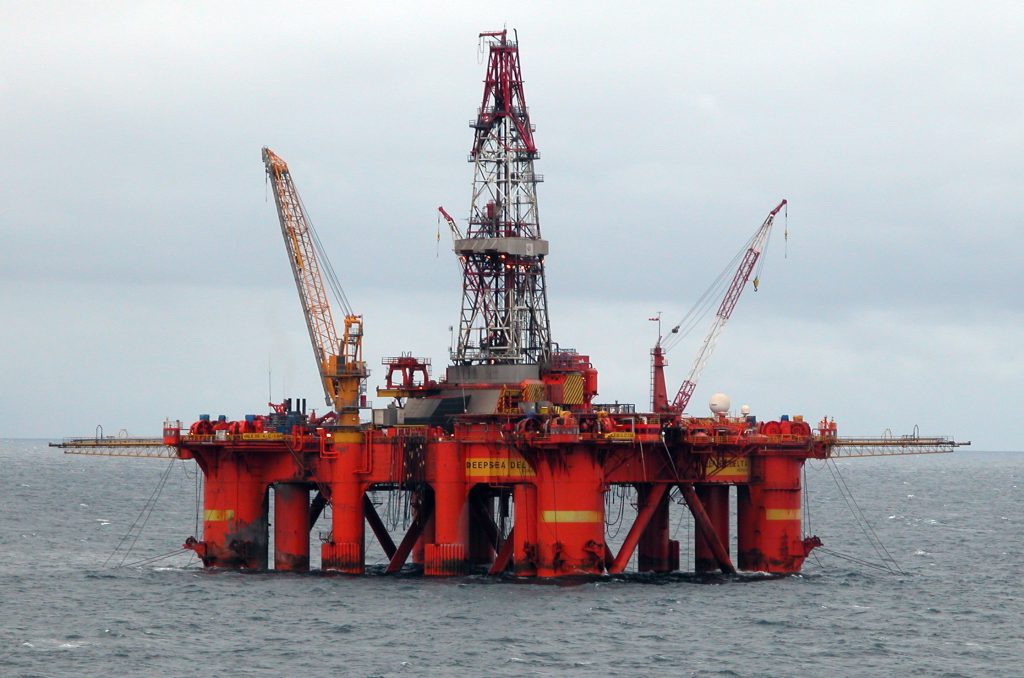The European commision has proposed downgrading the protection of wolves from their current strictly protected, but it has been suggested that this is not based on any science.
A total of 9 countries (The call for a re-evaluation of the annexes of the EU Habitats Directive is included in a note put forward by Finland with the support of Austria, Czechia, Greece, Italy, Latvia, Romania, Slovakia and Sweden, ahead of the EU Agriculture Council meeting of 23 January).
The problem with this move, is that while in some countries like Romania, there is a large and healthy wolf population, in other countries like France it is a very different matter. If there is a change in their status, it needs to be assessed country by country, and the European Union must really require minimum levels, otherwise, this move is highly likely to lead to the extinction of the wolf across much of Europe once again.
While living alongside wolves is not always simple, it is essential to have predators to control populations of prey, such as deer. This is not something that is easily replaced by culling, and in the UK, the likely reduction in car collisions with deer would save far more than the cost of compensation for the occasional livestock that might be lost (of course, the wolf is not currently wild in the UK and the current government sees no reason to change this).
While complicated, the interest in the wolf is high, and it is highly likely that farmers would be able to supplement their farming income by money they could be paid through ecotourism and allowing people to try to see the wolves from their land. Wolves as with many other species are still slowly recovering from centuries of persecution, they are needed for our ecosystem to flourish, and can be good for everyone, with adjustments and compensation for loss of livestock.














